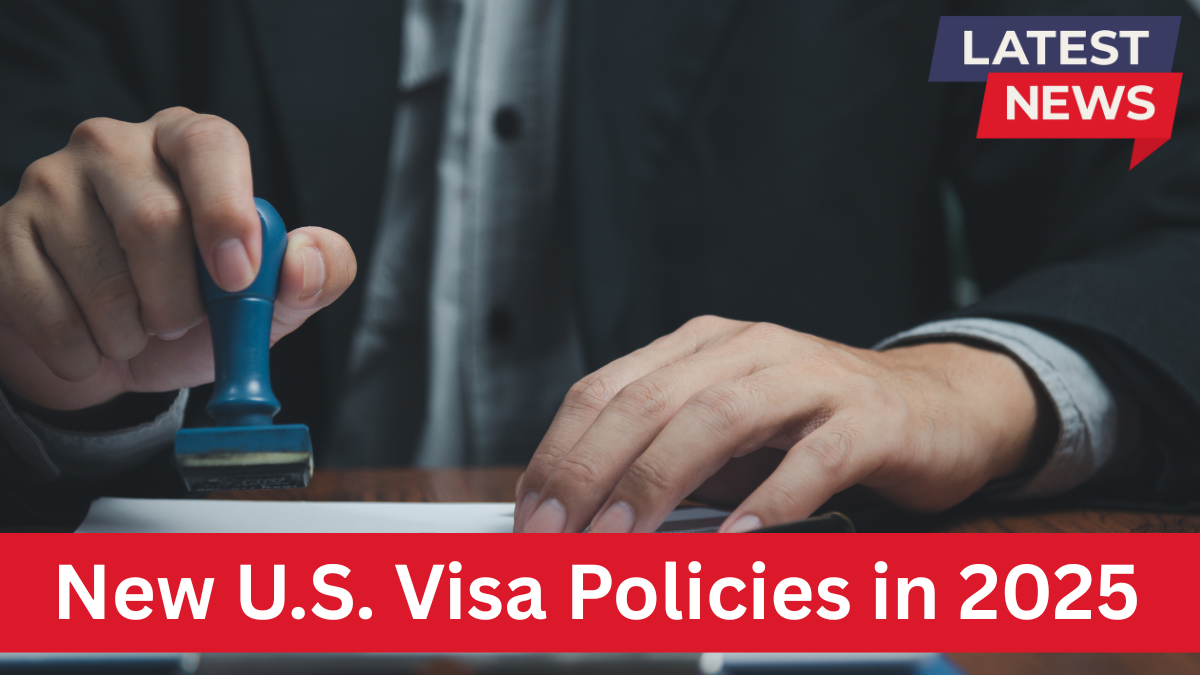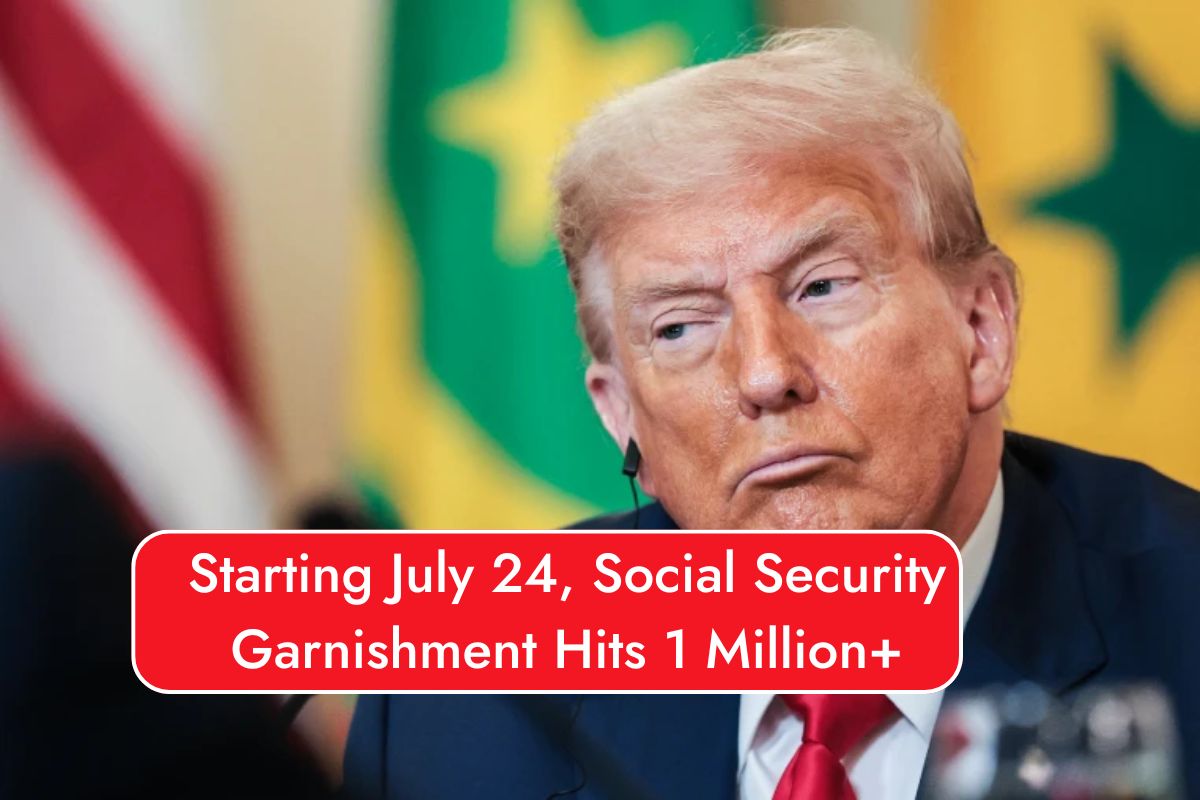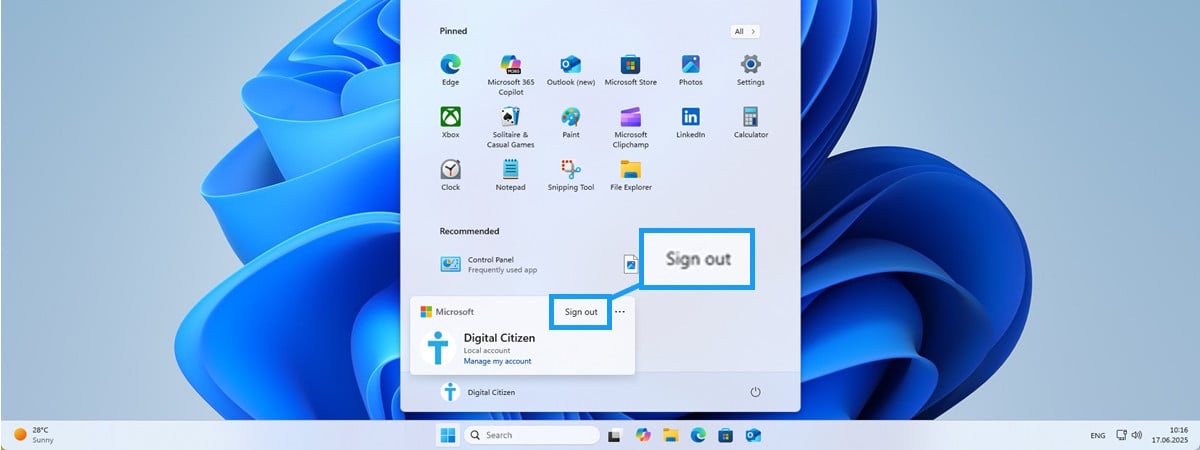In 2025, the United States has introduced significant changes to its visa policies, aiming to prioritize national interests and address security concerns. These adjustments have notably impacted applicants from countries like China, leading to discussions about the balance between national security and international collaboration.
Overview of the New Visa Policies
The U.S. government has implemented stricter visa regulations, particularly affecting Chinese nationals. The policies include:
- Revocation of Student Visas: Chinese students, especially those in sensitive fields, face increased scrutiny, with some visas being revoked due to alleged ties to the Chinese Communist Party.
- Restrictions on Academic Institutions: Universities like Harvard have been targeted, with bans on enrolling new foreign students based on claimed affiliations with China.
- Enhanced Security Measures: The administration cites national security concerns, emphasizing the need to protect American intellectual property and prevent espionage.
Impact on Chinese Students and Scholars
These policy changes have left many Chinese students in a state of uncertainty:
- Educational Disruptions: Students like Jerry, accepted into prestigious programs, are reconsidering their academic futures in the U.S.
- Legal Challenges: Some students fear potential removal by Immigration and Customs Enforcement (ICE), even if they hold legal resident status.
- Shift to Other Countries: With the U.S. becoming less welcoming, students are exploring alternatives like the United Kingdom for their studies.
Broader Implications for U.S.-China Relations
The visa restrictions are part of a larger context of escalating tensions between the U.S. and China:
- Technological and Trade Clashes: China has criticized the U.S. for imposing AI chip export restrictions and student visa revocations, viewing them as part of a broader strategy to curb China’s technological advancement.
- Academic Collaborations at Risk: The crackdown on Chinese students and scholars threatens longstanding academic partnerships and could hinder research progress in various fields.

Domestic Reactions and Legal Interventions
Within the U.S., these policies have sparked debates and legal actions:
- Legal Challenges: Federal judges have temporarily halted some of the administration’s proclamations, citing potential irreparable harm to institutions like Harvard.
- Academic Community’s Response: Universities argue that these measures undermine academic freedom and the diversity that enriches educational environments.
The U.S.’s new visa policies in 2025 reflect a shift towards prioritizing national security and domestic interests. While aiming to protect the country, these measures have significant implications for international students, academic institutions, and global collaborations. As the situation evolves, it remains crucial to balance security concerns with the values of openness and inclusivity that have long characterized American education.
Frequently Asked Questions (FAQs)
Q1: Why has the U.S. implemented stricter visa policies in 2025?
The U.S. government cites national security concerns, aiming to prevent espionage and protect intellectual property, particularly from countries like China.
Q2: How are Chinese students affected by these changes?
Chinese students face increased visa scrutiny, potential revocations, and challenges in enrolling in U.S. institutions, leading some to consider studying in other countries.
Q3: What has been the response from academic institutions?
Universities have expressed concern, emphasizing the negative impact on academic freedom and diversity, and some have pursued legal action against the government’s policies.
Q4: Are these policies permanent?
Some policies have faced legal challenges and temporary halts, but the long-term status depends on ongoing legal proceedings and future administrative decisions.
Q5: How do these changes affect U.S.-China relations?
The visa restrictions contribute to escalating tensions between the U.S. and China, affecting not only education but also trade and technological collaborations.









